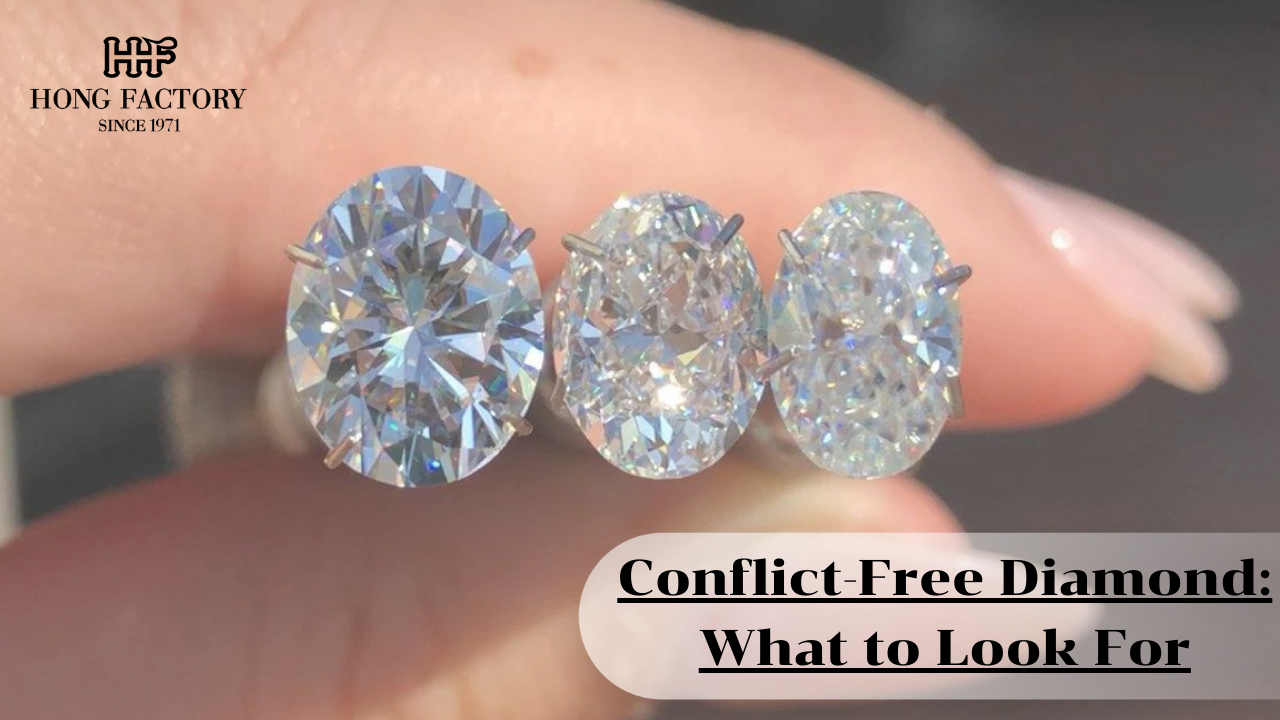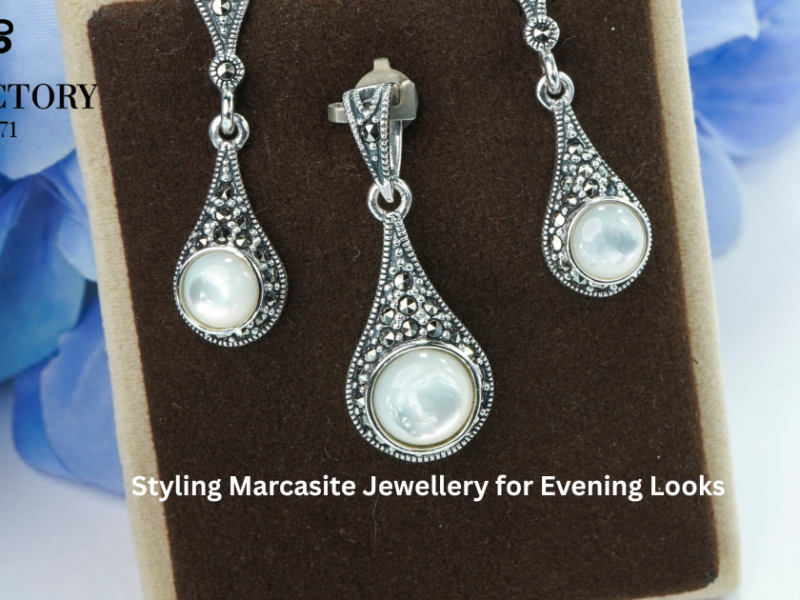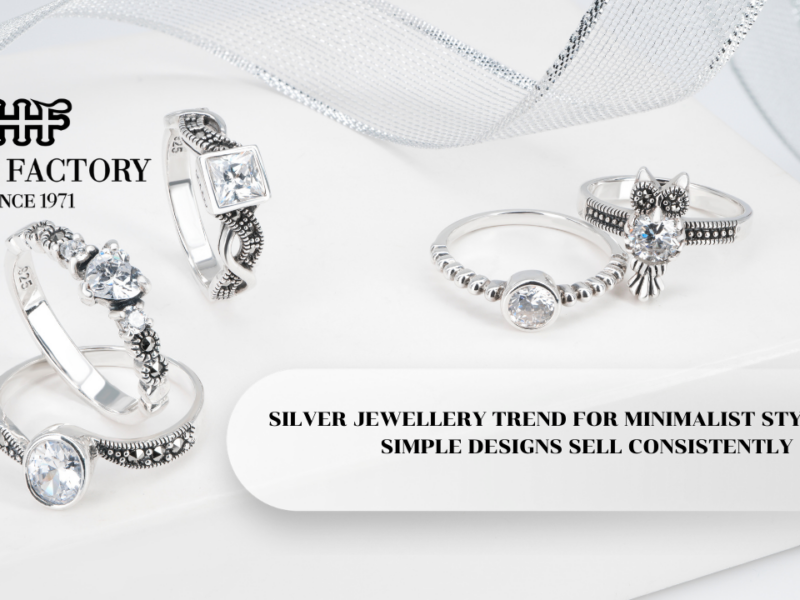Diamonds have long symbolized love, luxury, and timeless beauty, but not all diamonds come with a clear conscience. In the past, some diamonds were mined in conflict zones and sold to finance wars, leading to the term “blood diamonds.” Today, many buyers want to ensure their jewelry is both beautiful and ethically sourced.
Choosing a conflict-free diamond means selecting a gemstone that has been mined and traded responsibly. This article explains what conflict-free diamonds are, why they matter, and what to look for when purchasing one. Marcasite stone
Understanding Conflict-Free Diamond
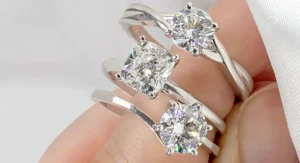
A conflict-free diamond is a gemstone that has been sourced and sold without financing violence, human rights abuses, or unethical practices. These diamonds are mined under strict guidelines that ensure ethical labor conditions and transparent supply chains. The Kimberley Process Certification Scheme (KPCS), established in 2003, plays a major role in reducing the trade of conflict diamonds by tracking the origins of rough diamonds.
Why Conflict-Free Diamonds Matter
Choosing a conflict-free diamond is about more than just ethics it’s about making a responsible purchase that reflects your values. Conflict-free diamonds:
- Ensure that miners and workers are treated fairly.
- Avoid funding armed conflicts and violence.
- Promote transparency in the global diamond trade.
- Offer peace of mind for consumers who want their purchase to be both beautiful and ethical.
Certification and Transparency
When shopping for a diamond, certification is key. Reputable diamonds are accompanied by certificates from organizations like GIA (Gemological Institute of America) or AGS (American Gem Society). For conflict-free assurance, look for Kimberley Process certification, which verifies that the diamond has not funded conflict. Some jewelers also go beyond Kimberley by offering additional transparency and sourcing guarantees.
How to Ensure a Diamond Is Conflict-Free
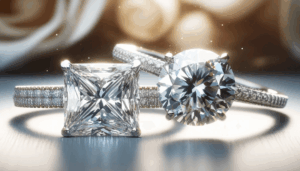
Here are some steps to confirm the diamond you purchase is truly conflict-free:
- Ask About Certification – Always request proof of Kimberley Process certification.
- Choose Reputable Jewelers – Buy from jewelers known for ethical sourcing and transparent supply chains.
- Research the Source – Some companies provide detailed information about the mine or region where the diamond was sourced.
- Consider Alternatives – Lab-grown diamonds are an ethical and sustainable option, as they are chemically identical to natural diamonds but created in controlled environments.
Conflict-Free Diamonds vs. Lab-Grown Diamonds
While conflict-free diamonds ensure ethical mining practices, lab-grown diamonds take ethical responsibility further by avoiding mining altogether. Lab-grown diamonds are real diamonds with the same physical and chemical properties as natural ones, but they are created in laboratories. For eco-conscious and ethically minded buyers, lab-grown diamonds are an appealing alternative.
The Role of Jewelers in Promoting Ethical Practices
Jewelers play a crucial role in ensuring that consumers have access to conflict-free diamonds. Responsible jewelers:
- Partner with ethical suppliers.
- Provide transparency about diamond origins.
- Support sustainable and fair trade practices.
- Educate buyers about conflict-free standards.
Caring for Your Conflict-Free Diamond Jewelry
Once you purchase a conflict-free diamond, proper care ensures it retains its brilliance and beauty:
- Clean regularly with mild soap, warm water, and a soft brush.
- Store separately from other gemstones to prevent scratches.
- Have jewelry inspected by a professional to keep settings secure.
A diamond should symbolize love, commitment, and beauty not conflict. Choosing a conflict-free diamond ensures that your jewelry reflects ethical values as well as elegance. By looking for certifications, purchasing from reputable jewelers, and considering alternatives like lab-grown diamonds, you can enjoy peace of mind along with the timeless sparkle of your gemstone. With informed choices, diamond buyers can support a more ethical and sustainable jewelry industry.
